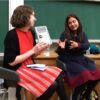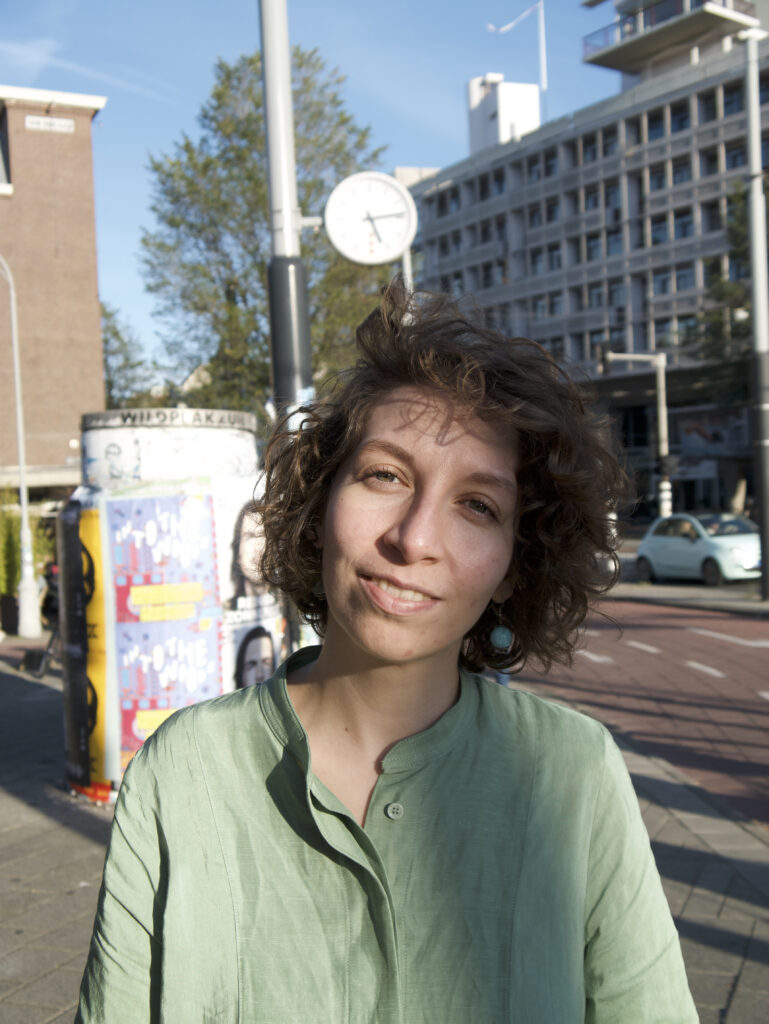About
A research project by Dr Leila Essa, funded through the NWO Talent Scheme
What decisions do authors from marginalised communities take inside and around their fiction when facing exclusionary creative industries and societies?
How do they individually and collectively intervene in public discourses through artistic and activist work? How do they set out to reach or even teach wide audiences?
And what consequences do these dynamics have for conceptions of authorial intention in literary criticism?
My methodology for tackling these questions is comparative: Following lines of existing networks, influences and overlaps, I conduct case studies from the German and British scene that also always point beyond these two contexts. And it is collaborative: This research centres exchange with and between the writers whose intentions are at stake.
Thanks to a Veni grant by the Dutch Research Council (NWO), the project will run from 2022 to 2025. It is hosted by the Institute for Cultural Inquiry at Utrecht University, where I am an Assistant Professor in Comparative Literature (more on my teaching, writing and previous research on my profile page).
Here you can follow the latest developments of Intention & Intervention:
-
On ‘staying different’ and sharing strategies

My first ideas for this research project back in 2018 were sparked by the anthology The Good Immigrant (ed. by Nikesh Shukla, 2016) and the search for comparable contemporary works in German. Shortly after, Eure Heimat ist unser Albtraum was announced (Your Homeland is Our Nightmare, ed. by Fatma Aydemir and Hengameh Yaghoobifarah, 2019) and…
-
Interviewing into the new year

Three days into 2023 I got to conduct my first in-depth author interview. Mithu Sanyal and I discussed anticipated audiences, kinship among writers and among texts, degrees of marginalisation in and beyond the literary scene, and to what extent the concept of “postmigration” can still be a fruitful one. This research conversation will appear in…
-
3, 2, 1…

I’m very happy to launch this blog after a rewarding first month on the project! Even a few days before its official start date on 1 November, I got to join Das kritkable Queertett in Hamburg. Organised by Pajam Masoumi, the Queertett regularly brings together critics and writers at the cultural centre Kampnagel for a…


